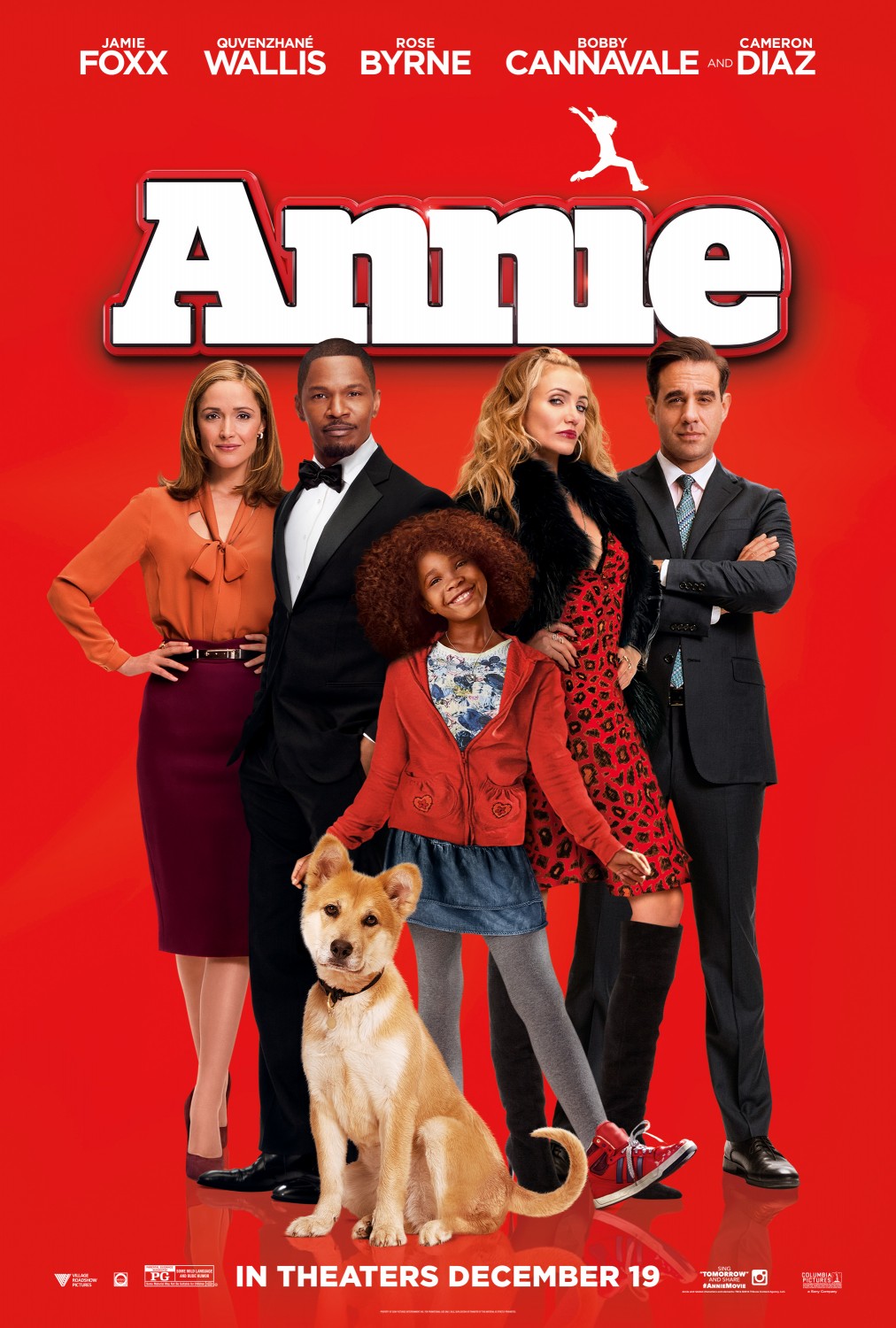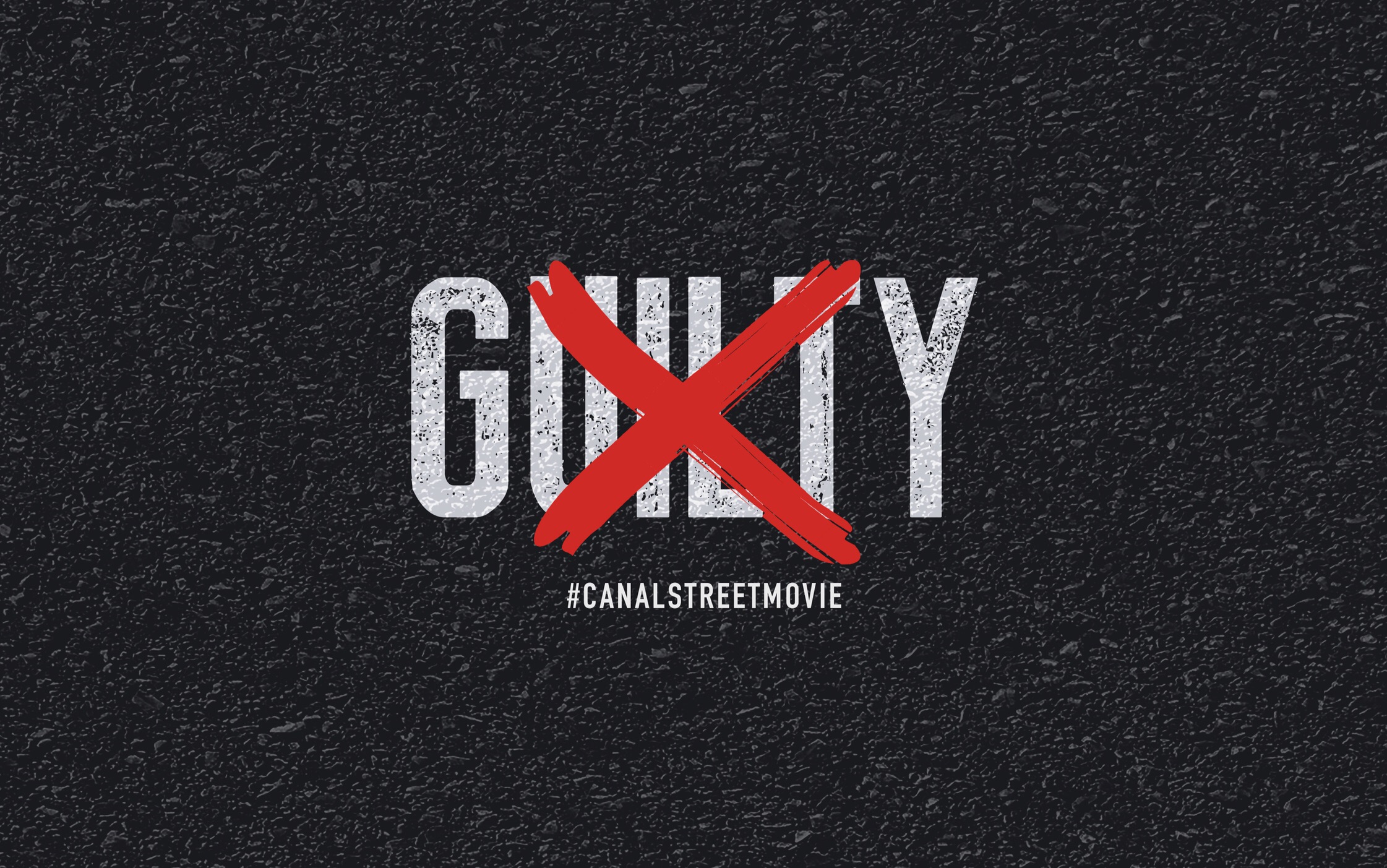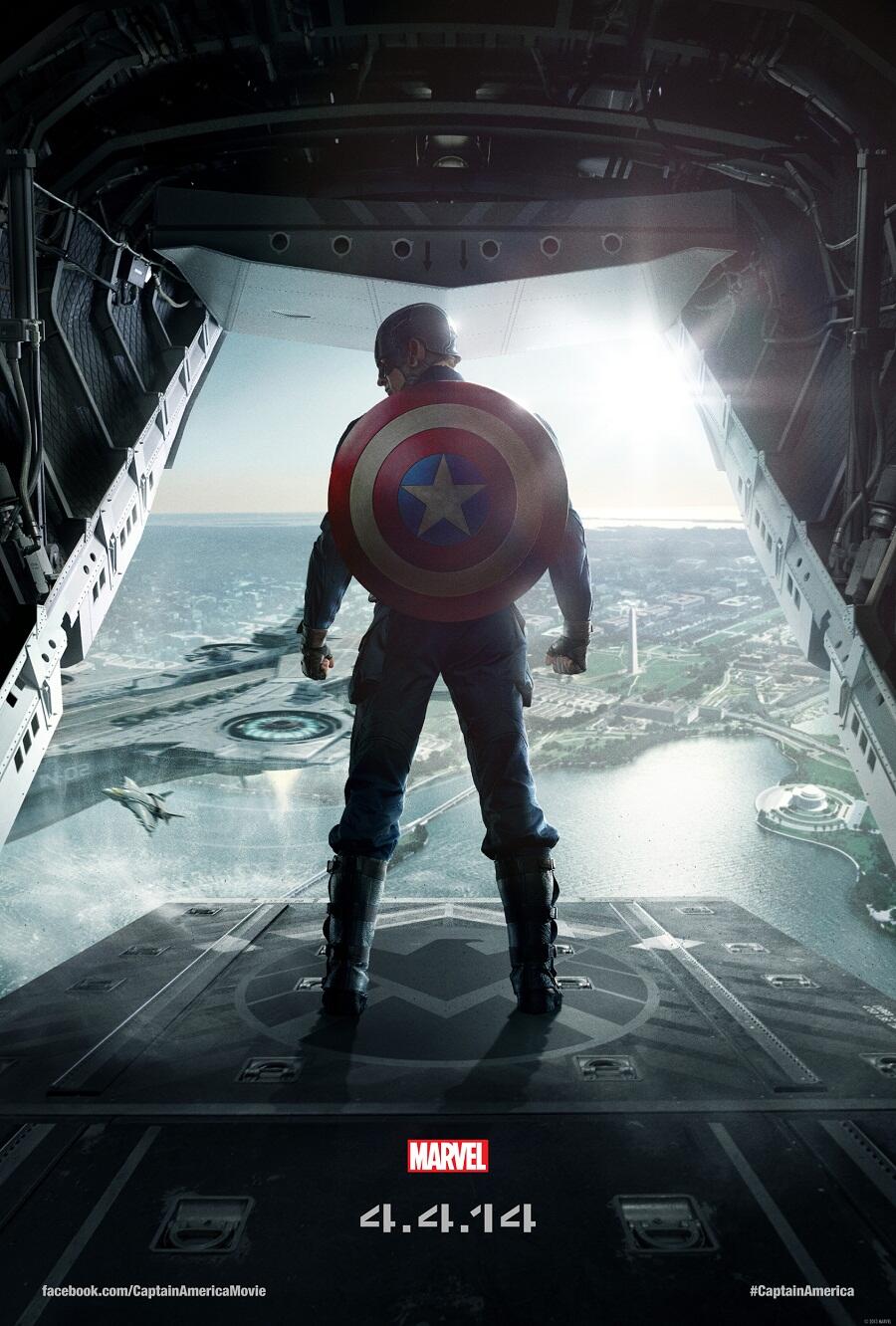All he had to do was play baseball. It sounds simple, really, but it was probably one of the biggest challenges anyone would face at that time. The year was 1947, and Jackie Robinson was about step into the big leagues as a member of the Brooklyn Dodgers. The catch was that no one wanted him there. They didn’t want him on the team, on the field or even playing the game, all because his skin was a different color. However, the General Manager of the Dodgers, Branch Rickey, knew that it was time for that to change, and he knew that Jackie Robinson was the one to bring about that change. 42 is the story of Jackie Robinson. It’s an eye-opening look at a dark chapter in nation’s history and the remarkable courage and determination of two men that helped it change.
One thing I noticed about 42 was that Harrison Ford wasn’t just Harrison Ford in this movie. He looks differently, talks differently, moves differently from the same ol’ Harrison Ford that we’re used to seeing on the big screen. To be honest, I thought it was a bit off-putting to begin with; as though he was trying too hard. Eventually, though, I got used to the idea of Harrison Ford being someone other than himself, and I lost him in the role of Branch Rickey, which really helped me enjoy the story more because I wasn’t thinking so much about it being Harrison Ford. It’s a great role for him, and he really immerses himself in it to the benefit of the story; I’m just not used to seeing him doing that.
As for the rest of the cast, Chadwick Boseman does a fine job at playing Robinson, and Nicole Beharie is solid as the loving, supportive, and a bit feisty Rachel Robinson, but beyond those two characters, the rest of the cast doesn’t have much to do. There’s a reporter who has one forced moment with Robinson but otherwise doesn’t seem to serve much of a purpose. I gather he was historically significant, but over the course of this story, he sort of comes and goes when needed, but really isn’t developed. The same can be said of Rickey’s staff, or the other players on the field. They’re all there just so the stars have someone to interact with and to help develop their characters. And some characters disappear all together. Partway through the ’47 season, the Dodgers need a new manager. Rickey is worried about this because the team is facing a storm of controversy because of Robinson, and he wants someone to guide them through it.  We meet the new manager, and then don’t see him the rest of the film. So…how did he help? What sort of stabilizing influence did he lead? Stuff like that could have added some more depth and layers to this story, but those opportunities were missed.
We meet the new manager, and then don’t see him the rest of the film. So…how did he help? What sort of stabilizing influence did he lead? Stuff like that could have added some more depth and layers to this story, but those opportunities were missed.
In truth, much of the film feels more like highlights from Robinson’s life than a seamless story. We jump from scene to scene as needed, and events develop quickly to get us to the next significant moment. This keeps the pace brisk, but at times hampers the scope of the film. We only see Robinson play against three teams. Even a brief montage of him playing in the broader league and their reactions would have helped open that up. And finally, the film ends in such a cliché “inspirational sports movie moment” that seems so victorious, that it’s easy to think “he did it!” and cheer along with the crowd. Of course, he didn’t do it in just one season; it was a long and arduous road and the ’47 season was just the beginning. I don’t mind happy endings, but some hint that all didn’t end well after that one season would have again given the movie more depth and meaning.
Now, saying all that may make it sound like I didn’t enjoy the movie. If anything, those things frustrated me because this could have been a great film and instead all we get is a really good one; but it’s still quite good. Jackie Robinson’s story and history are so compelling, it’d be hard to make a bad movie about it. Plus, the film does an excellent job capturing the vitriol that bubbled over because of Robinson’s presence. There are several scenes that are extremely uncomfortable to watch, and extremely powerful because of that fact. Indeed, those moments are so raw that I think that’s why it was felt the film needed such a tied-up-in-a-neat-little-bow happy ending. It softens what is otherwise a movie that will in all likelihood make you feel pretty bad as you ponder, “How could anyone have ever treated another human being that way?”
 One of the most powerful moments in the film comes when Robinson reaches his breaking point. He’s taken all that he can and wants to lash out and fight back; he just wants to do something, anything. Rickey, however, talks him back from the ledge, reminding Robinson that the moment he fights back, everything they’ve accomplished and hope to accomplish will be undone. Robinson fires back, “Do you know what this is like?!” Rickey honestly applies, “No, I don’t. Only you do, only you.” However, and I think they both knew this, that wasn’t really true. There is One other who knew exactly what it was like. When Jesus Christ was crucified and killed, he was done so unjustly. He was accused of crimes he didn’t commit, beaten for statements he never made, and killed merely because others hated and feared him. It was as unjust as any situation could be. Yet Jesus did not fight back, he did not defend himself, he didn’t even say a word, which amazed those in power (Matthew 27:13-14). How could someone not respond to anything so unjust? Jesus did so because he knew what was about to happen would change everything, and if he fought back, all of that would be undone. The point being, Jesus knew exactly what Robinson was going through, and more so, and I believe Robinson drew a lot strength and inspiration from that fact. I can’t really imagine how else he could have gotten through it all.
One of the most powerful moments in the film comes when Robinson reaches his breaking point. He’s taken all that he can and wants to lash out and fight back; he just wants to do something, anything. Rickey, however, talks him back from the ledge, reminding Robinson that the moment he fights back, everything they’ve accomplished and hope to accomplish will be undone. Robinson fires back, “Do you know what this is like?!” Rickey honestly applies, “No, I don’t. Only you do, only you.” However, and I think they both knew this, that wasn’t really true. There is One other who knew exactly what it was like. When Jesus Christ was crucified and killed, he was done so unjustly. He was accused of crimes he didn’t commit, beaten for statements he never made, and killed merely because others hated and feared him. It was as unjust as any situation could be. Yet Jesus did not fight back, he did not defend himself, he didn’t even say a word, which amazed those in power (Matthew 27:13-14). How could someone not respond to anything so unjust? Jesus did so because he knew what was about to happen would change everything, and if he fought back, all of that would be undone. The point being, Jesus knew exactly what Robinson was going through, and more so, and I believe Robinson drew a lot strength and inspiration from that fact. I can’t really imagine how else he could have gotten through it all.
42: The Jackie Robinson Story is a powerful film with some uneven moments. However, its core story and the glimpse it gives us at what it took to change some injustices in our nation is eye-opening and compelling. It’s the type of film that some might not want to see because of how uncomfortable it may make them, but it’s one people should see. We don’t always want to remember the darker chapters of our history, but we need to lest we repeat similar mistakes. The legacy of Jackie Robinson still has an impact on our culture today, whether people realize it or not. This is a chance to remember why he has such a legacy, and why we need to never forget it. It’s a case where the importance and power of the subject matter and its message ably overcomes any flaws in the telling of its story.
Score: 5 of 7 – The film is rated PG-13, and while there are some smatterings of bad words and what not, the main concern content wise is just how raw the racism in the film is portrayed. It can be shocking and it’s quite uncomfortable. Yet for a generation that’s beginning to forget, that may be exactly what they need to see.
Read more reviews, news, and interviews at The Guide.



![300: Rise of An Empire [Official Trailer]](https://www.jamthehype.com/wp-content/uploads/2013/12/300-Rise-of-An-Empire-Official-Trailer-3-Sullivan-Stapleton-Eva-Green.jpg)
